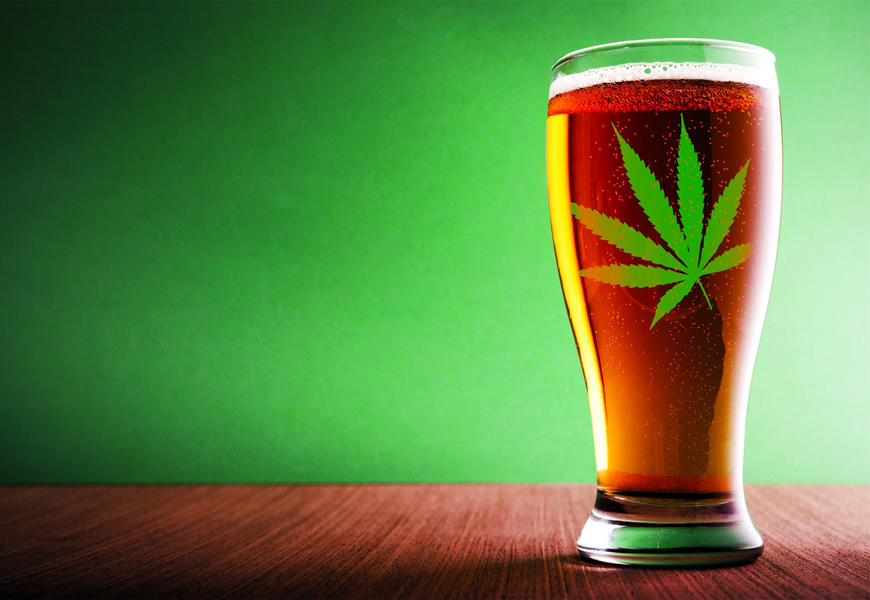The market for cannabis-derived products has expanded rapidly, offering consumers a plethora of options beyond traditional marijuana. One such product gaining popularity is Delta-8 THC, often consumed in the form of delta 8 gummy cubes. As interest grows, questions arise regarding its potential effects on impairment, particularly when compared to alcohol, a well-known intoxicant.
Delta-8 THC, a cannabinoid found in cannabis plants, shares structural similarities with Delta-9 THC, the compound responsible for marijuana’s psychoactive effects. However, delta 8 gummy cubes is believed to offer a milder high, leading many to view it as a more manageable alternative. Yet, its psychoactive properties still raise concerns, especially regarding impairment.
When examining impairment, it’s crucial to understand the mechanisms of action for both substances. Alcohol primarily affects the central nervous system by depressing brain activity, leading to impaired judgment, coordination, and reaction time. In contrast, Delta-8 THC interacts with the endocannabinoid system, influencing neurotransmitter release and neural activity. While their modes of action differ, both can result in impairment, albeit through distinct pathways.
Research on Delta-8 THC’s effects on impairment remains limited compared to alcohol. Existing studies suggest that Delta-8 produces less impairment than Delta-9 THC, but its precise effects on cognitive and motor function require further investigation. Additionally, individual factors such as tolerance, metabolism, and dosage can influence the extent of impairment experienced.
One significant difference between Delta-8 gummy cubes and alcohol is their legal status and regulation. While alcohol is widely available and regulated for consumption, the legal status of Delta-8 THC varies across jurisdictions, with some states banning its sale or imposing restrictions. This regulatory landscape adds complexity to understanding its potential risks and benefits.
The subjective nature of impairment complicates direct comparisons between Delta-8 THC and alcohol. Individuals may react differently to each substance, with factors such as experience, mindset, and environment playing significant roles. Thus, assessing impairment requires careful consideration of these variables.





